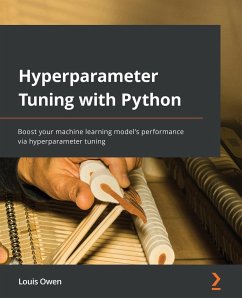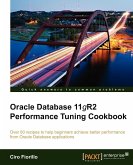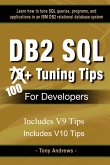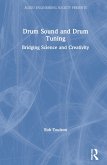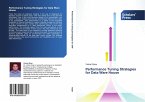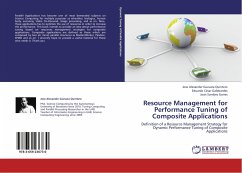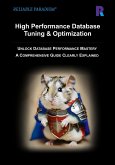Take your machine learning models to the next level by learning how to leverage hyperparameter tuning, allowing you to control the model's finest details Key Features:Gain a deep understanding of how hyperparameter tuning works Explore exhaustive search, heuristic search, and Bayesian and multi-fidelity optimization methods Learn which method should be used to solve a specific situation or problem Book Description: Hyperparameters are an important element in building useful machine learning models. This book curates numerous hyperparameter tuning methods for Python, one of the most popular coding languages for machine learning. Alongside in-depth explanations of how each method works, you will use a decision map that can help you identify the best tuning method for your requirements. You'll start with an introduction to hyperparameter tuning and understand why it's important. Next, you'll learn the best methods for hyperparameter tuning for a variety of use cases and specific algorithm types. This book will not only cover the usual grid or random search but also other powerful underdog methods. Individual chapters are also dedicated to the three main groups of hyperparameter tuning methods: exhaustive search, heuristic search, Bayesian optimization, and multi-fidelity optimization. Later, you will learn about top frameworks like Scikit, Hyperopt, Optuna, NNI, and DEAP to implement hyperparameter tuning. Finally, you will cover hyperparameters of popular algorithms and best practices that will help you efficiently tune your hyperparameter. By the end of this book, you will have the skills you need to take full control over your machine learning models and get the best models for the best results. What You Will Learn:Discover hyperparameter space and types of hyperparameter distributions Explore manual, grid, and random search, and the pros and cons of each Understand powerful underdog methods along with best practices Explore the hyperparameters of popular algorithms Discover how to tune hyperparameters in different frameworks and libraries Deep dive into top frameworks such as Scikit, Hyperopt, Optuna, NNI, and DEAP Get to grips with best practices that you can apply to your machine learning models right away Who this book is for: This book is for data scientists and ML engineers who are working with Python and want to further boost their ML model's performance by using the appropriate hyperparameter tuning method. Although a basic understanding of machine learning and how to code in Python is needed, no prior knowledge of hyperparameter tuning in Python is required.
Hinweis: Dieser Artikel kann nur an eine deutsche Lieferadresse ausgeliefert werden.
Hinweis: Dieser Artikel kann nur an eine deutsche Lieferadresse ausgeliefert werden.

